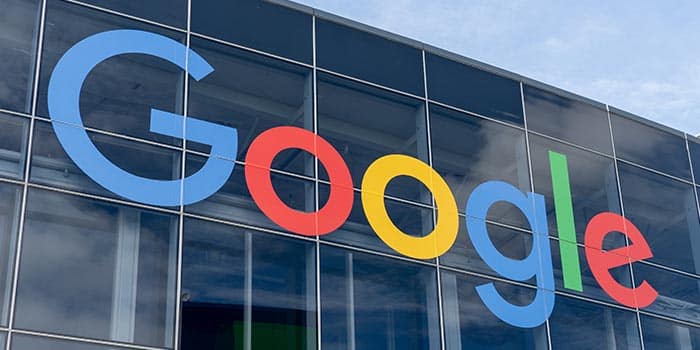
Next month, Google Ads will update its Personalized Ads policy to allow personalization for social casino game app campaigns.
This change will take effect on December 4, 2024, and by the end of March 2025, all advertisers will be able to personalize ads for online social casino game apps.
Social Casino Mobile Apps, Removed From Sensitive Interests Category
This means that Google, the world’s largest internet search provider, will be eliminating social casino mobile apps from the “sensitive interest category,” which encompasses various traditional forms of wagering. Ads in this category cannot be personalized.
According to Google’s announcement, the respective category will be updated to prevent personalization for: “Gambling, including online and offline gambling; online gambling-related information; online non-casino games played for money or prizes; and online casino-based games, regardless of whether money is exchanged,” except when using Google App campaigns to promote a social casino gaming app to app users.
Gaming operators who are interested in running ads with Google must comply with 10 specific requirements.
The list includes a variety of state and geographic criteria, as well as restrictions on targeting ads to minors, exclusion of related apps from Google’s Designed for Families program, as well as the need to display responsible gambling information.
While social casinos set themselves apart from traditional iGaming options by mostly providing free-to-play games with no real money rewards, confusion and controversy on the topic still exist.
Some operators have dealt with regulatory issues because they enticed customers with in-app purchases for digital tokens that appeared to be convertible into real money, even though this is generally not true.
As expected, the confusion caused customers to feel misled, triggering lawsuits like the Kentucky suit that claimed Aristocrat’s social casinos were illegal gambling.
In April 2021, a lawsuit filed in the Northern District of California claimed Facebook was participating in an “illegal internet gambling enterprise” by enabling social casinos through its website and app.
While social casinos often position themselves as a more “gentle” alternative to traditional gambling, this is a matter of debate.
What is clear, however, is that Google does not tolerate violations of its personalized ads policy.
“Violations of the Personalized Ads policy will not lead to immediate account suspension without prior warning,” the company stated, adding operators will receive a warning at least seven days prior to account suspension.
For gaming companies, especially those involved in social casinos, that warning is significant, as Google and Meta Platforms’ Facebook are the two of the most important online advertising platforms.
Striking the Perfect Balance
Undeniably, gaming operators, social casinos included, have become a consistently expanding advertising segment.
This means companies like Google are interested in grabbing as much of the advertising revenue from them as possible.
However, it is still difficult to joggle with the desire to attract ad dollars while making sure that apps and ads don’t reach unintended audiences.
Google has, nonetheless, started to show flexibility in its approach, in search of the perfect balance.
Earlier this year, the company announced that it would allow daily licensed fantasy sports operators and lottery courier services to advertise across more than 30 states and Washington, D.C.
Advertisers seeking to benefit from this new policy must apply for certification with Google to confirm compliance with the updated guidelines.

Leave a Reply